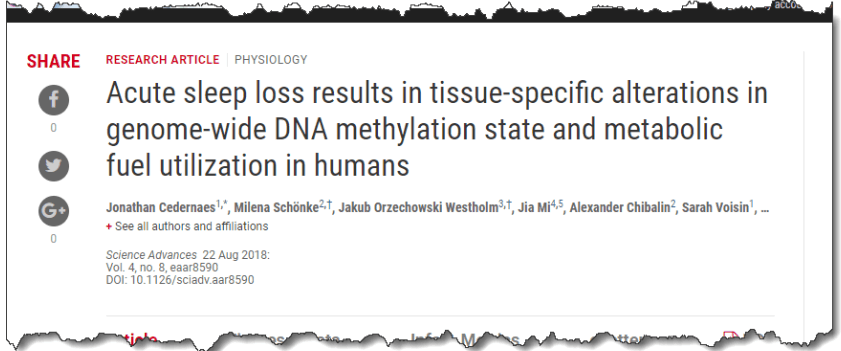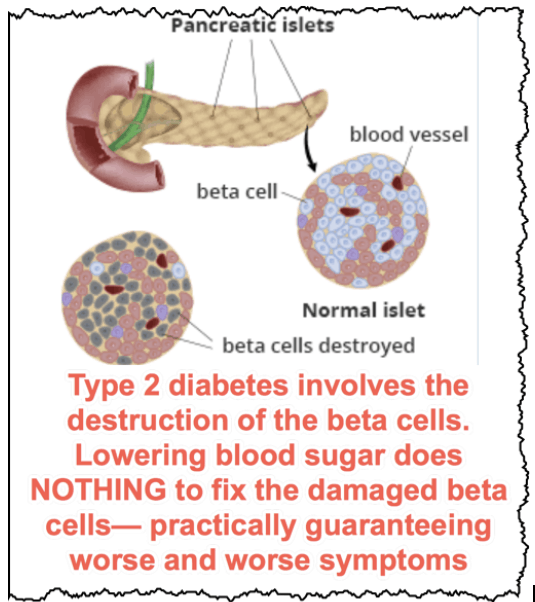
[cmamad id=”21883″ align=”center” tabid=”display-desktop” mobid=”display-desktop” stg=””]
Dutch scientists find a weird link between sleep and…this…
—-Important Message—-
Have You Heard About CID5920?
It’s finally available to men everywhere. And men can’t stop talking about it.
Until now, CID5920 was kept secret and only given to rich celebrities and powerful politicians…
But now men like you and me can start taking it right away and reap the rewards…
I don’t know about you, but I’ve been waiting for this day for a long time…
Because once you discover all of the incredible benefits of CID5920, you will wish you had it 20 years ago…
But no one knows how long CID5920 will be available… They could snatch it away again at any time…
Here’s how to get CID5920 now before it’s too late.

———-
Sleep Loss Causes This in Men (Beneficial? You Decide)
Sleep has been linked to some ailments that may surprise you.
A lot of men have “pre-diabetes” or diabetes, and this will interest any guy who may be experiencing blood sugar problems.
You don’t want to go down this road – it changes your whole lifestyle, often including your sexual performance.
And since I lived with bedroom performance issues when I was a younger man, I’m not willing to go there again – not for diabetes, not for anything.
So, anytime I find simple ways to prevent or reverse diabetes, I’m all in…
And I want to make sure I bring them to you as soon as possible.
If you start feeling better and your blood sugar starts to get lower on a regular basis, make sure you work with your doctor to see if it’s appropriate to go off the meds.
Okay. Now that we have that out of the way, let’s get into this research.
It’s fascinating stuff…

Sleep loss can cause diabetes and problems with metabolism.
Scientists have known for quite a while that there is a direct correlation between not getting enough sleep (or doing shift work) and the risk of diabetes.
“Epidemiological studies have shown that the risk for obesity and type 2 diabetes is elevated in those who suffer from chronic sleep loss or who carry out shift work.”
In part, this is because lack of sleep can cause problems with muscle loss that’s combined with weight gain.
This is a particularly devastating combination that can lead to a cascade of health problems.
“Other studies have shown an association between disrupted sleep and adverse weight gain, in which fat accumulation is increased at the same time as the muscle mass is reduced – a combination that in and of itself has been associated with numerous adverse health consequences.”
[cmamad id=”21884″ align=”center” tabid=”display-desktop” mobid=”display-desktop” stg=””]
Even though we’ve known for quite a while that this is happening, we haven’t really known why it happens.
Lack of sleep activates epigenetic switches in your body.
Epigenetics is the body’s ability to change its genome actions through on/off switches.
It can do this in response to all kinds of environmental factors – and one of those factors is how much sleep you get.
“Our research group were the first to demonstrate that acute sleep loss in and of itself results in epigenetic changes in the so-called clock genes that within each tissue regulate its circadian rhythm. Our new findings indicate that sleep loss causes tissue-specific changes to the degree of DNA methylation in genes spread throughout the human genome.”
These epigenetic changes lead to a two-part change to your system that can cause major health issues.
The first change causes inflammation.
Inflammation is a major disease trigger in the human body.
“In the present study, we observed molecular signatures of increased inflammation across tissues in response to sleep loss.”
Inflammation is associated with many different chronic health conditions, including lots of problems with blood vessels and arteries.
And anything that affects circulatory health can also create problems with sexual health – plus problems with weight gain and diabetes.
The second change is an increased capacity for fat storage.
Yep, sleep loss increases your body’s ability to store fat.
“We also saw specific molecular signatures that indicate that the adipose tissue is attempting to increase its capacity to store fat following sleep loss…we observed signs indicating concomitant breakdown of skeletal muscle proteins in the skeletal muscle, in what’s also known as catabolism…”
“We also noted changes in skeletal muscle levels of proteins involved in handling blood glucose, and this could help explain why the participants’ glucose sensitivity was impaired following sleep loss.”
These two changes together – inflammation and increased fat storage – can lead to easier weight gain and a whole host of metabolic issues.
But it’s important to remember that epigenetic switches are not permanent.
Sleep loss creates a change in human genetics that causes all sorts of problems.
But it’s not permanent… They can be changed back with appropriate lifestyle changes.
And this particular switch is fairly easy to fix.
The answer is good sleep hygiene and making sure you get enough sleep.
Your health depends on it.
—-Important Message About Your Health—-
Why your current diabetes treatment isn’t working (hint: think about the beta cells)
All of today’s diabetes treatments lower blood sugar…
But they don’t fix the beta cells that are in the pancreas.
What are beta cells in the pancreas and why are they important?
Beta cells are the precious cells in the pancreas that pump out insulin in a normal, non-diabetic body.
That’s why the current diabetes treatments have such poor results.
They lower blood sugar. But they don’t fix the beta cells.

Years ago, I found study after study where men had completely FIXED their diabetes.
Their beta cells were repaired.
They got better.
But doctors aren’t using these studies.
Doctors are still prescribing harmful Big Pharma treatments that do NOTHING to fix the beta cells.
So I put together a simple little system that is SO easy you’ll do it for breakfast…
It will fix your beta cells. And you’ll watch your diabetes symptoms disappear.
Here’s the simple little system that reverses diabetes in men, even type 2.
———-

- How sleep loss may contribute to adverse weight gain
https://www.sciencedaily.com/releases/2018/08/180823095946.htm - Acute sleep loss results in tissue-specific alterations in genome-wide DNA methylation state and metabolic fuel utilization in humans
http://advances.sciencemag.org/content/4/8/eaar8590
- Sleep Deprivation and Deficiency
https://www.nhlbi.nih.gov/health-topics/sleep-deprivation-and-deficiency - Consequences of Insufficient Sleep | Healthy Sleep
http://healthysleep.med.harvard.edu/healthy/matters/consequences

Leave a Reply